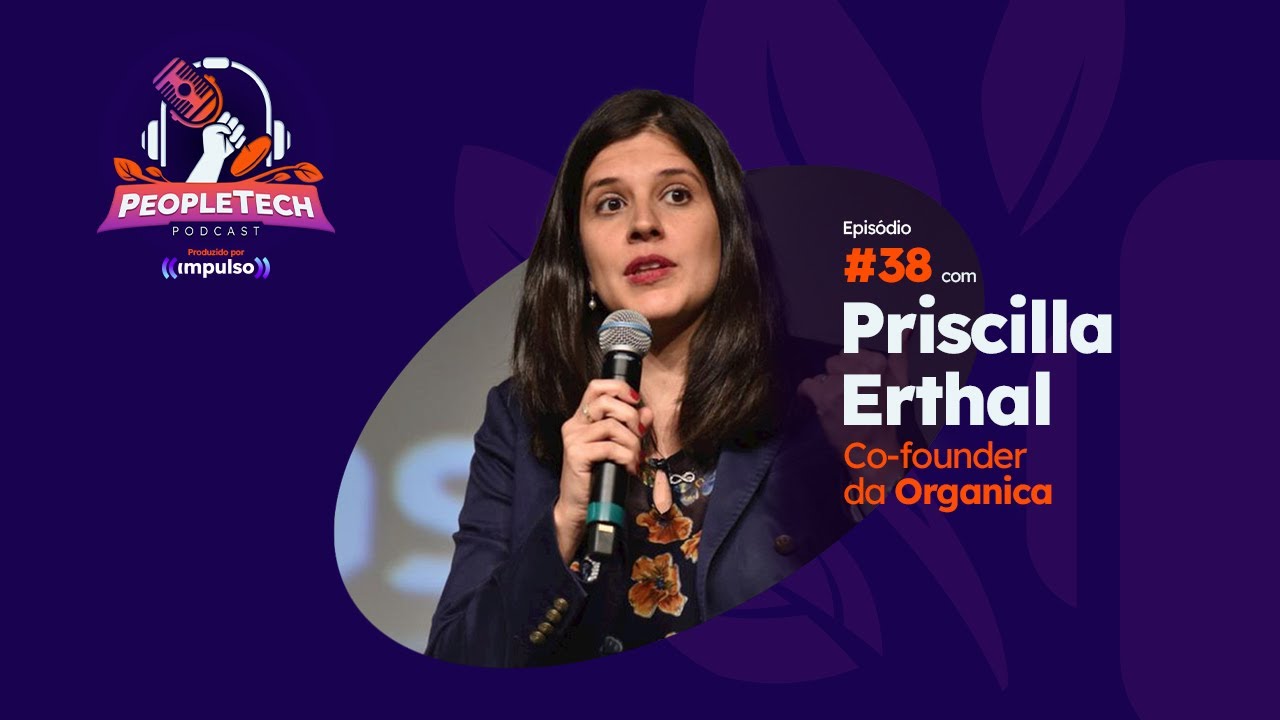Becoming a Tech Leader Requires Actually Leading | Crystal Morrison | TEDxStripDistrict
Summary
TLDRIn this inspiring talk, a scientist shares her personal journey and the challenges of transitioning from technical expertise to effective leadership. She highlights the importance of people, purpose, and engagement in tech leadership, emphasizing that success is not solely based on technical skills but on the ability to empower and inspire diverse teams. Using J. Robert Oppenheimer's leadership during the Manhattan Project as a pivotal example, she calls for a collective effort to bridge the leadership gap in STEM fields, urging the audience to join her mission in fostering better leadership practices to unlock innovation and address global challenges.
Takeaways
- 😀 A scientist's journey often involves early experiments and a passion for exploration.
- 📚 Technical competence is essential, but not the sole determinant of success in STEM fields.
- 🧑🤝🧑 Leadership behaviors, particularly positive and empowering ones, are crucial for team success.
- 💡 Observing and learning from the behaviors of successful leaders can inform personal leadership development.
- 🚫 The lack of leadership skills in tech can result in toxic cultures and failed innovations.
- 🌍 Grand challenges, such as climate change, require collaborative leadership and innovative thinking.
- 👥 Building diverse and collaborative teams is essential for overcoming technical challenges.
- 🎯 Creating meaning and purpose within a team can drive engagement and enhance performance.
- 🔧 Leaders must actively eliminate barriers to knowledge sharing and collaboration.
- 💪 Oppenheimer's leadership during the Manhattan Project exemplifies the impact of effective leadership in achieving significant goals.
Q & A
What personal experience does the speaker share to illustrate their journey as a scientist?
-The speaker shares a childhood memory of conducting experiments, including burning the varnish off their kitchen table, highlighting their early fascination with science and the challenges they faced in balancing curiosity with responsibility.
What does the speaker identify as the single biggest differentiator in moving brilliant ideas to reality in tech?
-The speaker identifies positive, empowering leadership behaviors as the single biggest differentiator, emphasizing the importance of people over technical skills alone.
How does the speaker's background influence their perspective on leadership in tech?
-The speaker's background as a scientist and their experiences in various technical environments have led them to recognize the significant gap in leadership skills among STEM professionals, motivating them to advocate for better leadership practices.
What are the three key aspects of leadership in tech according to the speaker?
-The three key aspects of leadership in tech mentioned by the speaker are: getting the right people, creating meaning and purpose, and eliminating barriers to build engagement.
Who is J. Robert Oppenheimer, and why does the speaker use him as an example?
-J. Robert Oppenheimer was the technical director of the Manhattan Project. The speaker uses him as an example to illustrate effective leadership in a large-scale scientific endeavor, highlighting his ability to inspire and lead diverse teams.
What challenges did Oppenheimer face in his leadership role?
-Oppenheimer struggled with leadership skills in his early days, similar to the speaker's own experience, but recognized the need for effective leadership and sought advice and coaching.
What does the speaker mean by 'eliminating barriers' in leadership?
-Eliminating barriers refers to the leader's role in removing obstacles to communication and collaboration within teams, facilitating open discussions to enhance engagement and problem-solving.
How does the speaker relate their mission to address leadership gaps in tech?
-The speaker expresses a commitment to fill the gap in leadership skills among technical professionals, emphasizing that without effective leadership, brilliant ideas and innovations may fail to materialize.
What grand challenges does the speaker believe the current generation faces?
-The speaker identifies grand challenges such as climate change, food and water security, and energy as issues that require the same level of scientific discovery and engineering advances as the Manhattan Project.
What emotional response does the speaker convey regarding leadership failures in tech?
-The speaker conveys a mix of anger and sadness towards the failures of tech leaders who lack foundational leadership skills, as these failures can result in toxic cultures and hinder progress in innovation.
Outlines

This section is available to paid users only. Please upgrade to access this part.
Upgrade NowMindmap

This section is available to paid users only. Please upgrade to access this part.
Upgrade NowKeywords

This section is available to paid users only. Please upgrade to access this part.
Upgrade NowHighlights

This section is available to paid users only. Please upgrade to access this part.
Upgrade NowTranscripts

This section is available to paid users only. Please upgrade to access this part.
Upgrade NowBrowse More Related Video

BIO STUDENT to DATA ANALYST🔥ZERO Knowledge of Computer Science 🙄 I - M - POSSIBLE 🔥😎!!

The real reason I traveled to 196 countries | Cassie De Pecol | TEDxMileHigh

Jejak Emas Ketua IMATIKA: Mengukir Prestasi, Menginspirasi Generasi

Rekha Kumari A Homemaker Wins The Digital Rachayita Award | Digital Marketing In Hindi

#38 - Priscilla Erthal, Co-founder da Organica

The game that can give you 10 extra years of life | Jane McGonigal
5.0 / 5 (0 votes)